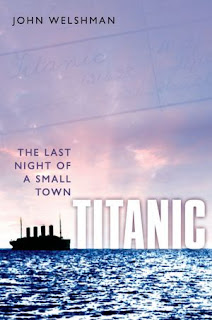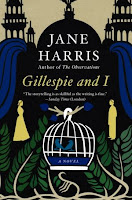 Glenn Patterson is the author of several novels and a memoir, Once Upon a Hill: Love in Troubled Times. He has written plays for Radio 3 and Radio 4 and is the co-writer of Good Vibrations (BBC Films), based on the life of Belfast punk impresario Terri Hooley, which is due for release in 2012. A collection of his journalism, for among others the Guardian, Sunday Times and Irish Times, was published in 2006 as Lapsed Protestant. His latest novel is The Mill for Grinding Old People Young. Patterson lives in Belfast.
Glenn Patterson is the author of several novels and a memoir, Once Upon a Hill: Love in Troubled Times. He has written plays for Radio 3 and Radio 4 and is the co-writer of Good Vibrations (BBC Films), based on the life of Belfast punk impresario Terri Hooley, which is due for release in 2012. A collection of his journalism, for among others the Guardian, Sunday Times and Irish Times, was published in 2006 as Lapsed Protestant. His latest novel is The Mill for Grinding Old People Young. Patterson lives in Belfast.For the Guardian, he named a top ten list of Belfast books. One title on the list:
Call My Brother Back by Michael McLavertyRead about another book on the list.
Last year 15 local writers, interviewed for an app called Literary Belfast, were asked to name a writer now dead whose work had influenced them. (Worryingly, for all concerned, one named Van Morrison.) Michael McLaverty topped the list. Set in the Troubles of the 1920s, Call My Brother Back is in many ways a model for novels of the later Troubles, approaching political violence through the experience of one family, the MacNeills. Amid the police raids and gun battles, the passages that linger are of school life, of kickabouts on waste ground and Sunday walks in the mountains above west Belfast.
--Marshal Zeringue






































